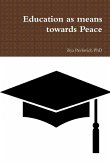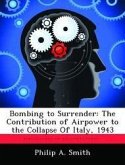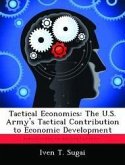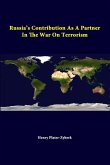Peace is a concept of societal friendship and harmony in the absence of hostility and violence. In a social sense, peace is commonly used to mean a lack of conflict (such as war) and freedom from fear of violence between individuals or groups. Throughout history, leaders have used peacemaking and diplomacy to establish a type of behavioral restraint that has resulted in the establishment of regional peace or economic growth through various forms of agreements or peace treaties. Such behavioral restraint has often resulted in the reduced conflict, greater economic interactivity, and consequently substantial prosperity. ""Psychological peace"" (such as peaceful thinking and emotions) is perhaps less well defined, yet often a necessary precursor to establishing ""behavioural peace."" Peaceful behaviour sometimes results from a ""peaceful inner disposition."" Some have expressed the belief that peace can be initiated with a certain quality of inner tranquility that does not depend upon the uncertainties of daily life.[3] The acquisition of such a ""peaceful internal disposition"" for oneself and others can contribute to resolving otherwise seemingly irreconcilable competing interests. Peace is not a state of excitement although we are happy when excited, but peace is when one's mind is quiet and satisfied.
Hinweis: Dieser Artikel kann nur an eine deutsche Lieferadresse ausgeliefert werden.
Hinweis: Dieser Artikel kann nur an eine deutsche Lieferadresse ausgeliefert werden.








